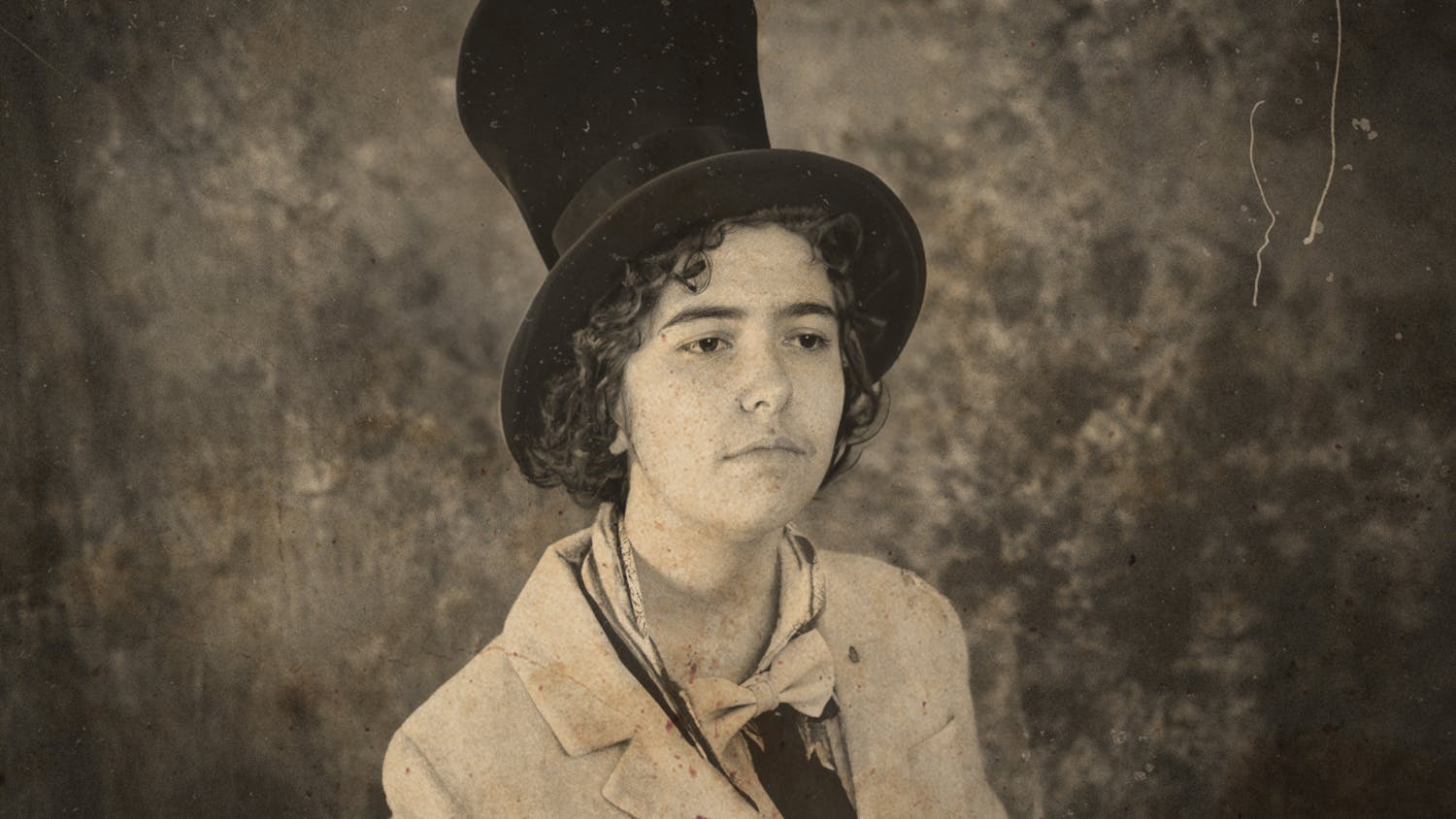I have flown home to New Jersey every year for Thanksgiving break. It is normally an hour flight on a turboprop plane and fairly pleasant. As soon as I arrived at Buffalo Niagara International Airport for this Thanksgiving homecoming, I saw that the security measures I was accustomed to going through had changed.
In the wake of the Sept. 11, 2001 terrorist attacks, the federal government has been able to seize new powers to protect the homeland. This included the passage of the Patriot Act and the establishment of the new Transportation Security Administration (TSA). Instead of airports being responsible for their own security measures, the federal government seized control and made airport screening their job instead.
One year ago, Wednesday, Nov. 24, 2010 was ‘National Opt-Out Day' – a grassroots day of protest in response to the new security measures that the TSA implemented. These security measures included a new way of screening passengers: enhanced pat downs and body scanners. On this day, the TSA chose not to implement these measures in their full capacity due to the possible negative publicity.
All passengers must walk through a "body scanner," and if one declines, he or she must go through the standard metal detector and undergo an additional pat-down search. The latter was what I had to endure before I boarded my flight to Newark.
Before I describe my pat-down experience, let me briefly explain the controversy surrounding the body scanners. There are several issues. The first issue is the fact that the nude images of passengers are freely available for anyone in the control room to see.
Another issue is the radiation exposure. The TSA has neglected to conduct its own independent study of the scanner's health effects, even after being pressured to by Congress. There is no clear consensus on the health effects. We do know that the European Union has decided to ban all body scanners from being used in European airports. The EU said it wants to take this measure "in order not to risk jeopardizing citizens' health and safety."
Back in Buffalo on the day before Thanksgiving, I approached the security checkpoint. There were three stations set up. Only two of the stations had both a body scanner machine and a normal metal detector. I took off my shoes and belt, and emptied my pockets.
As I was doing this, a TSA officer approached me to ask me where I put my wallet. I told her that I placed it in the bin. She then instructed me to place my wallet in my carry-on luggage because it would be safer there. I complied and thought it was a bizarre request. I was then told to move on through the body scanner. I objected and told her I was going through the metal detector. As soon as I told her this, her face changed complexion and she pointed to her left.
I stepped to the side and passed through the metal detector. A second TSA officer told me to wait. At this point, I had to wait 10 minutes for an available TSA officer to give me a pat down.
I was brought to a secondary checkpoint, told to turn around and spread my legs. The officer then proceeded to conduct the pat-down search. The TSA officer began the search by sticking his fingers inside my pants and moving them around my entire waist. It also included brushing my legs from the bottom all the way to the crotch.
For females, it would have included placing the fingers on one side of the breasts and circumnavigating both in their entireties. All of this is done in plain view, and there were definitely some stares by passengers who were confused at what was going on.
Going through this procedure is unpleasant, and most people choose to go through the body scanner. It does not have to be this way. There is no evidence that body scanners and enhanced pat downs make the country safer. Individuals must be cautious whenever a breach of privacy like this is made. Is this the end of privacy intrusions such as these?
There was no ‘National Opt-Out- Day' this year, even when the measures were implemented in their entireties.
Next time you fly, opt out. You are exercising your right and are allowing other passengers to see what is going on at the airports. Awareness is key, and political pressure must be placed on the TSA to conduct its own study of the effects of the body scanner and to do away with the enhanced pat downs.
Email: gibbons7@buffalo.edu





